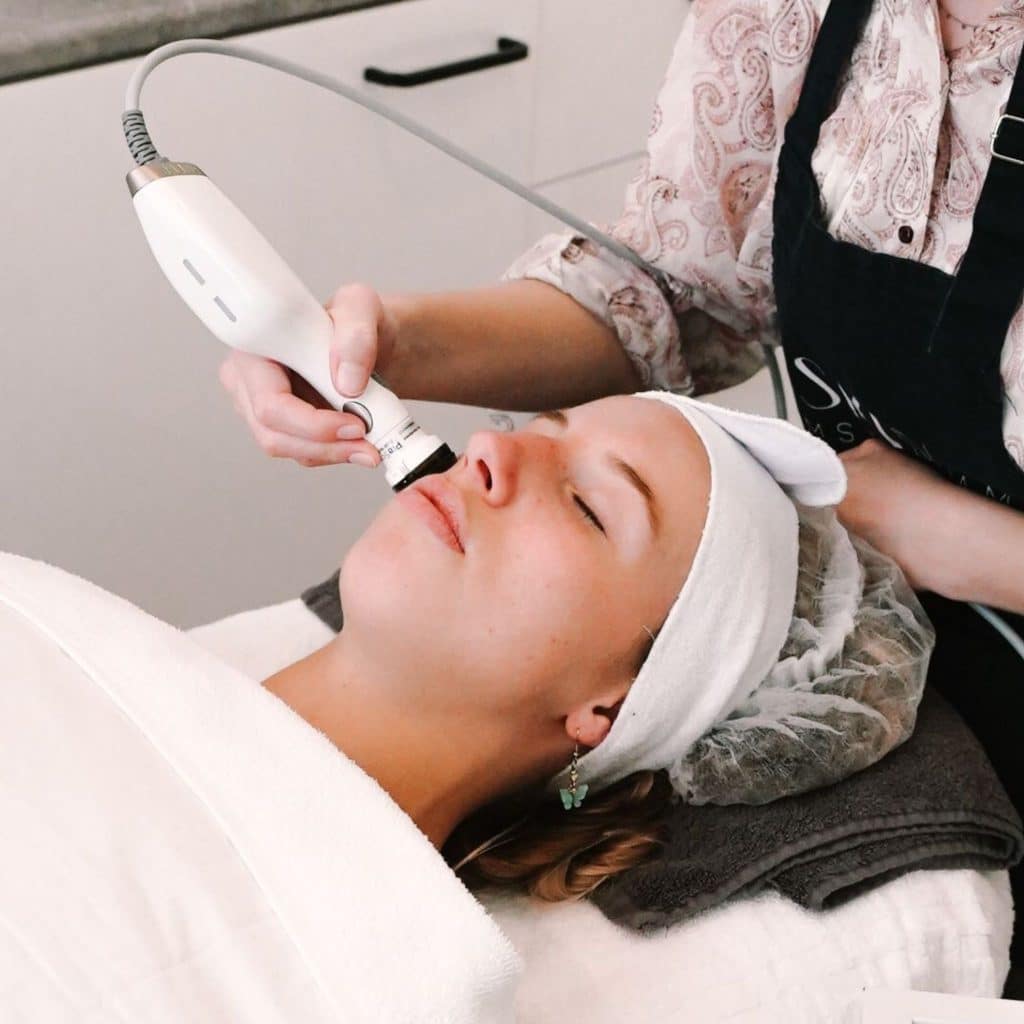What is Atopic eczema?
Atopic eczema, also known as eczema, is a chronic, inflammatory disease of the skin that leads to itching, redness, swelling, and irritation in the skin. It is most common in the creases of the elbows, behind the knees, and on the face and scalp, but it can appear anywhere on the body. Symptoms can range from mild to severe and can include dry, flaky skin, itching, redness, and small, raised bumps.
Atopic Dermatitis (AD), a type of eczema, is a common chronic inflammatory skin condition that affects approximately 1-3% of adults worldwide. AD is characterised by an impaired skin barrier function and sensitisation to environmental allergens. Eczema symptoms include: itchy, red, swollen, dry and broken skin. Corticosteroids are commonly prescribed to manage eczema symptoms but are not a cure. A gentle skincare routine with emollients, bathing in warm rather than hot water, wearing clothing and bedding with comfortable fabrics and avoiding any known environmental or dietary triggers may be used to prevent flare-ups.
Who gets eczema?
Atopic eczema is a common condition that often starts in childhood and is more common if there is a family history of the condition, hay fever or asthma. But it can also appear for the first time in adulthood. Factors that may increase the risk of developing atopic eczema include having a genetic predisposition, having dry skin, exposure to environmental irritants, and exposure to allergens. While the symptoms can be controlled with proper treatment and management, there is currently no cure for atopic eczema.
References
NIH National Institute of arthritis and musculoskeletal and skin diseases: Atopic Dermatitis
Causes Of Atopic Eczema:
The basic triggers for eczema are:
- Irritants: Certain soaps, detergents, shampoos, bubble baths, and other skin care products can irritate the skin and trigger eczema symptoms.
- Environmental Influences: Cold and dry weather, humidity, dust, and certain allergens such as dust mites, animal hair, pollen, and mold can trigger eczema symptoms.
- Food allergies: Some people with eczema may have food allergies, such as allergies to cow’s milk, eggs, peanuts, soy, or wheat.
- Certain fabrics: Wearing fabrics such as wool or synthetics that are itchy or irritating can trigger eczema symptoms.
- Hormonal changes: Some women may experience an increase in eczema symptoms before their period or during pregnancy.
- Skin infections: Bacterial or viral infections can trigger an outbreak of eczema symptoms.
It’s important to note that triggers vary from person to person, and identifying personal triggers is key to efficiently managing eczema symptoms
Which products do we recommend:
Frequently asked
questions
Achieve healthy, radiant skin with a skin consultation
Take control of your skin health.



















